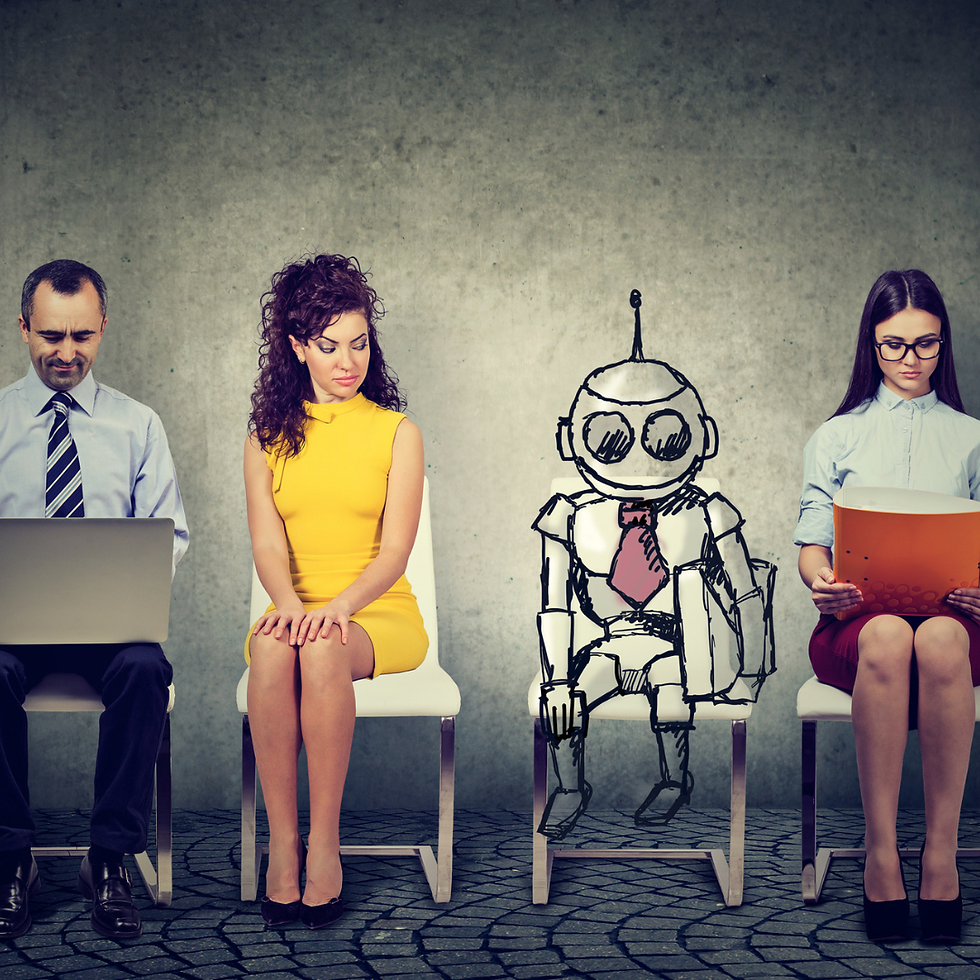Beyond Appearances: An Ethical Reflection on Our Unconscious Biases
- Rousse Lavalle
- Jul 10, 2025
- 3 min read

In an ideal world, each person would be evaluated solely on their abilities and contributions. However, the reality we construct is far from that ideal. Unconscious biases—those stereotypes based on impressions, beliefs, and preferences—act like shadows on our decisions, distancing us from the objectivity we believe we possess.
The ethics of our perceptions
When I reflect on unconscious biases, I can't help but consider them from an ethical perspective. What responsibility do we have when our automatic perceptions limit other people's potential? Is it fair for someone to have their opportunities thwarted by how we interpret their gender, age, or appearance?
True equity is not just about proclaiming equality, but about constantly examining how our snap judgments can create barriers we don't even perceive. The first act of justice is recognizing that none of us is free from these biases.
The mirror of our own biases
While developing a microlearning course on this topic, I found myself confronting my own biases. From the gender bias that assigns specific roles to the halo effect that causes us to overvalue someone based on a single positive trait like their academic background.
Particularly revealing is the affinity bias—that tendency to value what we have in common more than real skills—and the status quo bias, which leads us to replicate identical profiles under the false security of what is known.
These biases aren't mere cognitive tendencies; they're manifestations of how our minds seek shortcuts that, while evolutionarily useful, are ethically questionable in a society that strives for equity.
Moral responsibility in the face of the invisible
If we accept that these biases operate without our full awareness, does that mean we're exempt from responsibility? Quite the opposite. Recognizing their existence imposes on us a greater duty: to develop conscious mechanisms to counteract them.
The intention to be fair is not enough. The ethics of fairness demands concrete actions: the humility to question our apparent certainties.
The courage to face uncomfortable truths about our prejudices
The discipline of implementing processes that compensate for our unconscious tendencies
The wisdom of valuing diversity as a path to more comprehensive decisions
The principle of human dignity
At the heart of this reflection lies a fundamental principle: the inherent dignity of every human being. When we allow our unconscious biases to dominate our decisions, we reduce people to simplified categories, denying them the complexity and richness that constitutes their individuality.
As the last part of the material I shared points out: "You can't prevent others from having
unconscious biases that unduly exclude others. It's time to do your part to avoid triggering or exacerbating your own.
This phrase contains a profound ethical truth: although we cannot control the entire system, we have absolute responsibility for our own actions and perceptions.
An invitation to continuous reflection
What biases have you identified in your own thinking? Which ones do you find most difficult to
recognize? What practices have you adopted to mitigate its impact?
The fight against unconscious bias is not a destination to be reached, but a path to be constantly followed. A path of self-examination, continuous learning, and intellectual humility.
I invite you to remember at all times that true leadership begins with governing our own prejudices.
-------------------------------------------------------------
This blog is complemented by the microlearning program "Unconscious Biases," which I developed as part of my commitment to building more equitable and dignified spaces for all.




Comments